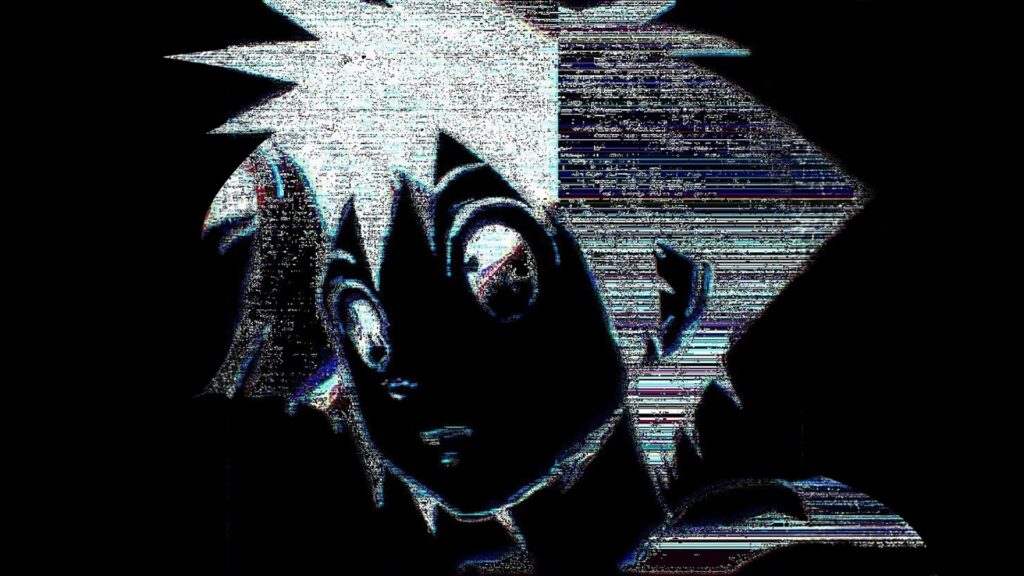A prominent figure of the Soviet dissident movement, Vladimir Bukovsky spent a gruelling twelve years of his life incarcerated in a number of labour camps and psychiatric wards for what the Soviet regime would later deem ‘philosophical intoxication’. A fan of the writer, Vladimir Mayakovsky, Bukovsky’s intoxication began with Russian poetry and the publication of his literary samizdat; a kind of anti-Soviet agitation that lead to a stint in the local Psikhushka. Here, samizdat refers to self-published manuscripts, usually containing forbidden texts, satire, or openly critical analysis of current and state affairs.
Parallels should be drawn between samizdat and the recent controversy surrounding Article 13, with the censorship of digital items arriving under the guise of copyright laws. Memes, as defined by Merriam-Webster, as ‘amusing or interesting [items] (such as a captioned picture or video) or genre of items that are spread widely online especially through social media’ will soon come into conflict with an ‘EU Copyright Directive mandating that all content uploaded to the internet be monitored and potentially deleted if a likeness to existing copyrighted content is detected.’
In 2016, political leaders, alongside various academics, had already stated how, ‘The EU [was] irreversibly committed to privatisation, welfare cuts, low wages and the erosion of trade union rights.’ This was largely why the political elite was in favour of staying within the systematic confines of the institution. In addition to union leaders, this statement was signed by Tariq Ali, who had previously discussed the EU modus operandi as a ‘machine for neoliberal capitalism’, echoing Noam Chomsky’s concerns over Europe’s large-scale economic agenda, that had, according to Chomsky, followed in ‘Washington’s footsteps’.
According to online activists at saveyourinternet.eu, ‘The European Commission and the Council [now] want to destroy the Internet as we know it and allow big companies to control what we see and do online. Should Article 13 of the Copyright Directive proposal be adopted, it will impose widespread censorship of all the content you share online.’
Speaking to the BBC, the executive director of the UK’s Open Rights Group, has also stated that, ‘Article 13 will create a ‘Robo-copyright’ regime, where machines zap anything they identify as breaking copyright rules,’ with a similar system in place to tackle ‘extremism, hate speech, and anything else they think can get away with…’
It seems when state censorship arrives under the guise of copyright laws, internet memes will become the samizdat of the digital age. Corporate politics is failing enormously to understand emerging cultures, especially where they appear online. They are continuing to lose an ideological battle against a vibrant collective that values open-source distribution, with big business choosing to pursue a path that paints digital structures as a world comprised of nothing more than malicious hooliganism.
Next story


